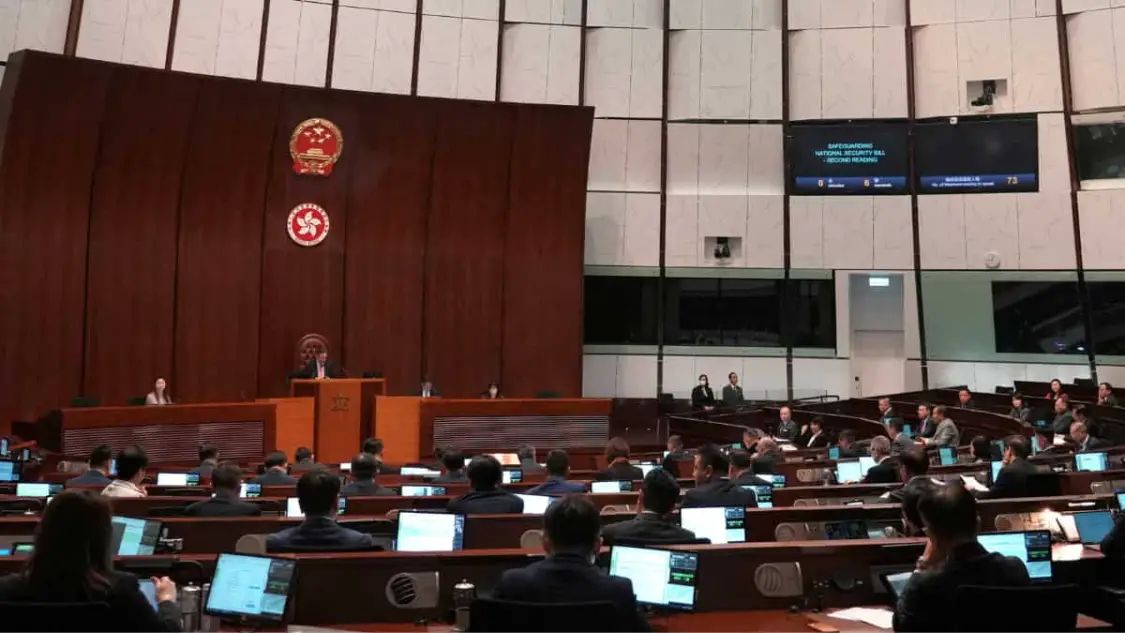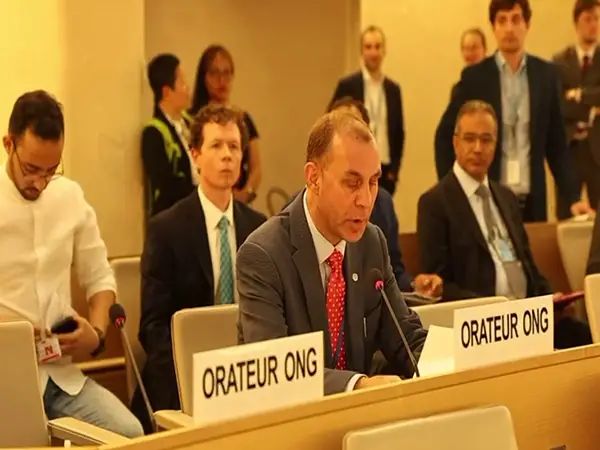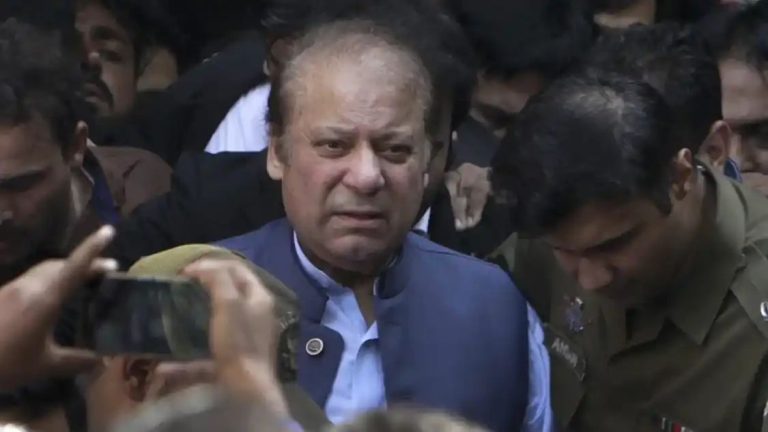Article 23: Hong Kong legislature passes new national security law
Dubbed as Article 23, the legislation encompasses updates and new provisions aimed at outlawing acts of treason, sabotage, sedition, theft of state secrets, and espionage, carrying penalties including life imprisonment.
Presented to the 90-seat council, largely composed of pro-Beijing members, on March 8 after a month-long public consultation, Hong Kong’s leader John Lee urged for its swift enactment.
With all 88 lawmakers and the council president in agreement, the legislation is set to be enforced starting March 23.
What is Hong Kong’s Article 23?
The proposed law, set to be incorporated into Hong Kong’s mini-constitution after the end of the consultation period, will work in conjunction with the existing national security law imposed by China’s central government in 2020.
Article 23, outlined in the territory’s Basic Law enacted after the 1997 handover from British colonial rule, mandates the prohibition of acts endangering national security.
No social media ban in Hong Kong under security law, affirms minister
Previous attempts to introduce such laws in 2003 faced widespread protests.
However, following the 2019 pro-democracy demonstrations, China imposed a separate national security law on Hong Kong, pointing to the local government’s failure to legislate Article 23.
What does it mean?
The proposed law will encompass five broad categories of offences: treason, insurrection, espionage, destructive activities endangering national security, and external interference.
While Lee asserted that the new law would respect human rights and freedoms, he acknowledged that most rights were “not absolute.”
The 2019 protests, according to Lee, demonstrated that national security was essential for the enjoyment of rights and freedoms.
The consultation document, set for release on Tuesday, will address issues like the definition of theft of state secrets and the “extraterritorial effect” of the law. Public feedback on the law will be accepted until February 28, as announced by Lee during a press conference.
According to Tang Pink-keung, Hong Kong’s secretary for security, the consultation document would also address “shortcomings” in the current handling of alleged national security cases.
Among current prosecutions, the trial of newspaper proprietor and activist Jimmy Lai is currently before a national security court after about a year of successive delays.
Explained | What is the national security trial against Jimmy Lai, Hong Kong’s pro-democracy media mogul?
Lai has been charged with conspiracy to collude with foreign forces under the NSL, as well as sedition charges under a separate law. Lai has pleaded not guilty and faces life in prison if convicted.





